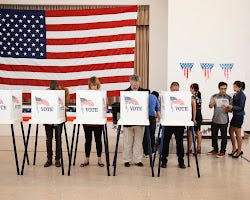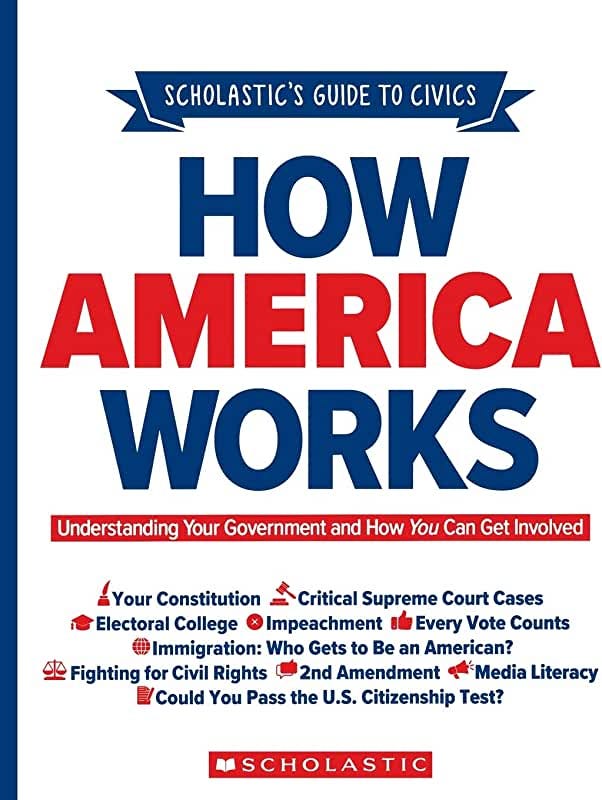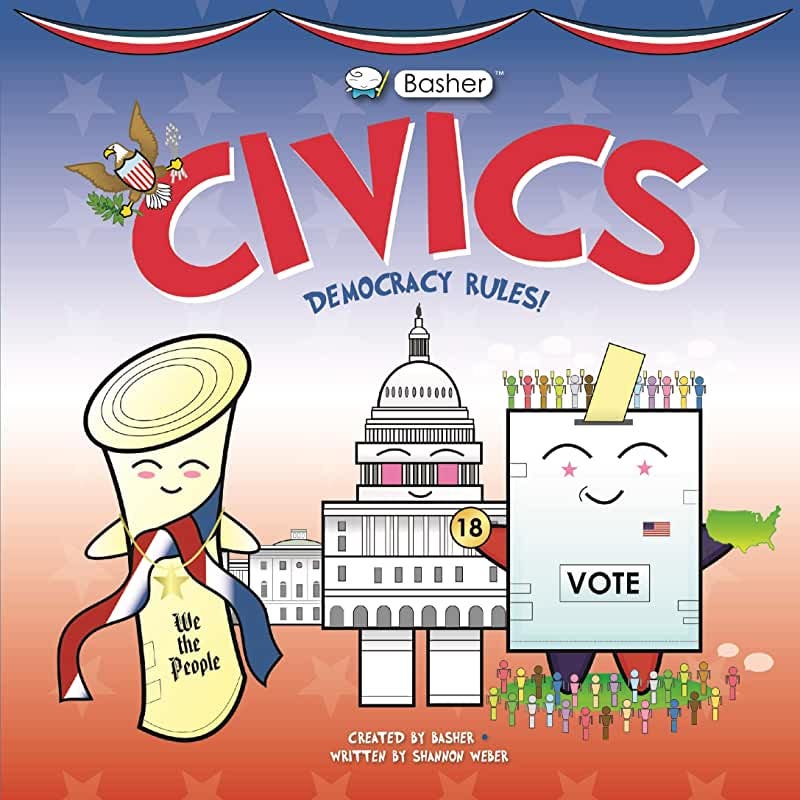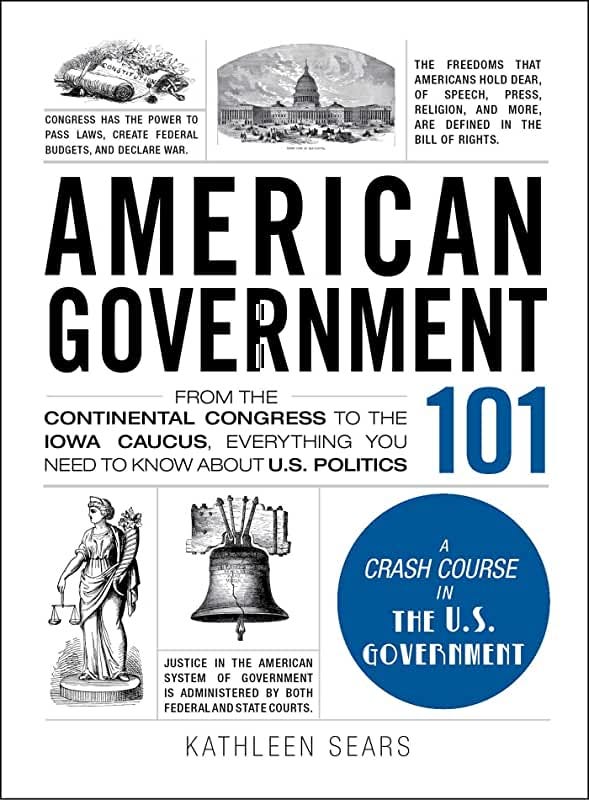
Abstract
The word “vote” has its roots in the Latin term “votum,” which originally meant a vow or promise. Over time, the meaning of the word evolved to refer to expressing a wish or desire. Today, “vote” is most commonly used to describe the act of casting a ballot in an election or decision-making process. The word has become an essential part of democratic societies, as it allows citizens to have a say in the direction of their government and society. The concept of voting has undergone significant changes over time, from limited suffrage to universal suffrage, and it remains a critical aspect of modern political systems.
Body of Article
Etymological Meaning of the Word (“Vote “)
The word “vote” comes from the Latin word “votum,” which means “a vow, wish, or promise.” The word evolved to mean “to express a wish or desire” and eventually came to refer to the act of casting a ballot in an election or decision-making process.
Black’s Law Dictionary, 4th Edition:
Vote (v.) To express an opinion or choice, esp. by a formal ballot or other method of registering assent or dissent. Black’s Law Dictionary, 4th Edition, p. 1474 (1968).
The year of the dictionary is 1968.
Every American citizen has the right to vote in three different types of elections: local elections, national elections, and grand jury votes.
**Local elections** are held to elect officials who make decisions about the day-to-day running of your community. These officials include mayors, city council members, school board members, and judges.
**National elections** are held to elect the president, vice president, members of Congress, and state governors.
**Grand jury votes** are used to decide whether or not someone should be charged with a crime. Grand juries are made up of ordinary citizens who are called to serve for a period of time.
It is important for Americans to be informed about these sacred rights and to exercise them whenever possible. Civics is always relevant, and voting is one of the most important ways that citizens can participate in their democracy.
**Why is it important for Americans to vote?**
There are many reasons why it is important for Americans to vote. Voting is a way to make your voice heard and to have a say in the decisions that are made that affect your community, your state, and your country. Voting is also a way to hold elected officials accountable for their actions.
**How can I learn more about voting?**
There are many resources available to help you learn more about voting. You can visit your state’s website, the website of the United States Election Assistance Commission, or the website of the League of Women Voters. You can also contact your local election office for more information.
**How can I make sure that my vote is counted?**
There are a few things you can do to make sure that your vote is counted. First, make sure that you are registered to vote. You can register to vote online, by mail, or in person at your local election office. Second, make sure that you bring your voter registration card with you to the polls on Election Day. Third, be sure to vote early or by mail if you are unable to vote in person on Election Day.
Voting is a right and a responsibility. It is important for all Americans to exercise their right to vote and to make sure that their vote is counted.
Books List:
Scholastic’s Guide to Civics: How America Works: Understanding Your Government and How You Can Get Involved:https://amzn.to/43w7lfe

Basher Civics: Democracy Rules!: https://amzn.to/3J8xW9U

American Government 101: From the Continental Congress to the Iowa Caucus, Everything You Need to Know About US Politics:https://amzn.to/3XgO4wh

Sources on Civics
Black’s Law Dictionary, 4th Edition
How Democracies Die by Steven Levitsky and Daniel Ziblatt: This book explores the threats to democracy in the 21st century and how they can be overcome.
The People, the Press, and the Politicians by Thomas E. Patterson: This book examines the relationship between the media, the public, and elected officials.
Civics: The Basics by Michael J. Sandel: This book provides a comprehensive overview of American civics, from the founding of the republic to the present day.
The Democracy Project by Danielle Allen: This book argues that democracy is not a spectator sport, but rather a participatory activity that requires the active engagement of citizens.
A Citizen’s Guide to Democracy by James S. Fishkin: This book provides a guide to the principles and practices of democracy, and how citizens can make their voices heard.
No comments:
Post a Comment
Welcome to Leave a Comment